By Raj Sivanathan
More than a year has passed since the National People’s Power (NPP) government came into office, yet many of Sri Lanka’s long-standing political and constitutional issues remain unresolved. The Election Commissioner recently stated that there is currently no legal framework to conduct the long-overdue Provincial Council (PC) elections. If this is accurate, it raises serious concerns that the NPP government is using the situation to deliberately delay the elections — possibly due to falling popularity, declining public confidence, and fears of losing control over all nine provinces.
It is widely accepted that the NPP has little to no chance of winning in the Northern and Eastern provinces. In the East, the Ilankai Tamil Arasu Kachchi (ITAK) and Muslim parties are expected to retain control, while in the North, ITAK and its alliances are likely to dominate. Despite this, the NPP could still serve as a credible opposition advocating for clean governance, accountability, and an end to corruption. In the South, the party stands a realistic chance of winning five to seven provinces, which would significantly strengthen its political base.
However, under the Constitution, the Provincial Council elections must be held without interference or postponement. Any attempt to delay them undermines the democratic process and weakens public trust in the country’s institutions.
A clear solution already exists. The private member’s bill, which has been tabled in Parliament, could easily be passed within a few hours if the government genuinely wishes to proceed. Once enacted, it would enable the Election Commission to fix a date and move forward with the polls under the existing proportional representation (PR) system. The sooner the election date is announced, the better for the nation’s stability and economic prospects. It would help restore confidence among the diaspora, investors, and development partners, signalling that Sri Lanka is once again committed to transparent governance and democratic continuity. This renewed trust would also encourage broader participation in projects, seminars, and development initiatives across the country — boosting optimism about Sri Lanka’s future.
Adding to these growing concerns is the government’s continued failure to engage Tamil political representatives in meaningful dialogue. Over the past year, the NPP has not invited any Tamil political parties to discuss matters related to the long-standing aspirations of the Tamil people.
Prior to President Anura Kumara Dissanayake’s recent visits to the United States and Japan, ITAK — through its eight Members of Parliament, President, and Secretary — formally requested a meeting with the President to discuss unresolved Tamil political issues, with the PC elections at the top of the agenda. However, no invitation or response was forthcoming from the President’s office. This silence has deepened the sense of exclusion and frustration within the Tamil community.
Ironically, while the President has publicly endorsed and expressed full support for the establishment of a separate State of Palestine — a move welcomed internationally, including by the United States — his government has failed to address serious injustices faced by Tamils at home. Issues such as the occupation of private lands by the military, construction of military hospitals on civilian property, and the building of Buddhist vihāras in Tamil-majority areas like Thaiyiddy remain unresolved.
These actions continue despite years of protests, legal battles, and promises of reform. The contrast is striking when compared to the 100-day reform period in 2015, during which several progressive measures were introduced, including steps toward land restitution and reconciliation. In comparison, the NPP’s first year in office has shown little to no progress on these crucial matters.
The internal contradictions within the NPP’s leadership have also come under scrutiny. The controversies surrounding the Kankesanthurai (KKS) Port and Jaffna Airport expansion — and Minister Bimal Rathnayake’s public remarks opposing these projects — are widely believed to have led to his removal from two key portfolios. Rather than providing clear leadership, the government’s ministers continue to issue conflicting statements about the delimitation process and the proportional representation (PR) system, which only fuels public suspicion about the administration’s motives.
Historically, the Janatha Vimukthi Peramuna (JVP), which forms the core of the NPP, opposed the Provincial Council system introduced under the Indo-Lanka Accord and even waged war against it in the 1980s. Today, some hardline members within the party still advocate for the complete abolition of the PC system — a position that stands in contradiction to democratic decentralisation and the principle of regional autonomy.
President Anura Kumara Dissanayake must now take a firm and principled stand. His government must demonstrate its respect for both the letter and spirit of the Constitution by ensuring that the Provincial Council elections are held without further delay or interference. Equally, it must engage sincerely with Tamil political representatives to address the long-standing issues of land occupation, political representation, and reconciliation.
If the NPP government continues to neglect these vital issues, it risks repeating the same historical mistakes made by previous administrations that failed to listen to the grievances of the Tamil people. The time has come for decisive leadership — one that unites all communities under a shared vision of justice, equality, and true democratic governance.
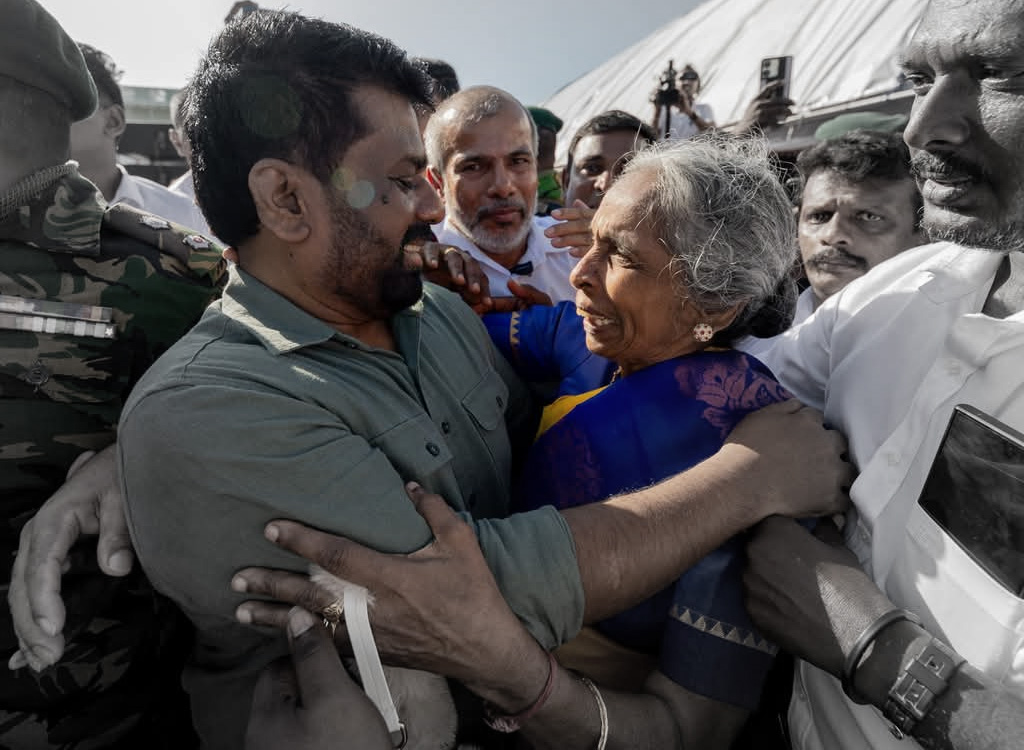


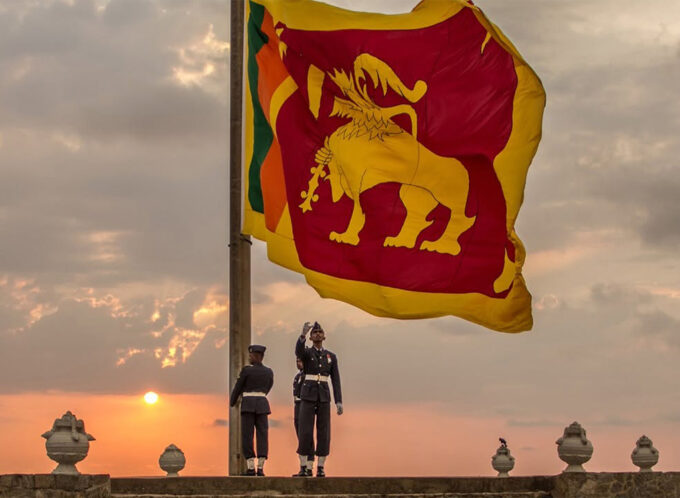
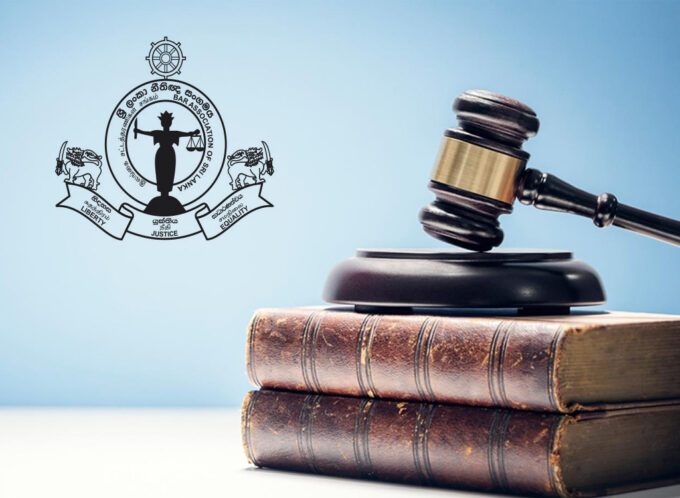
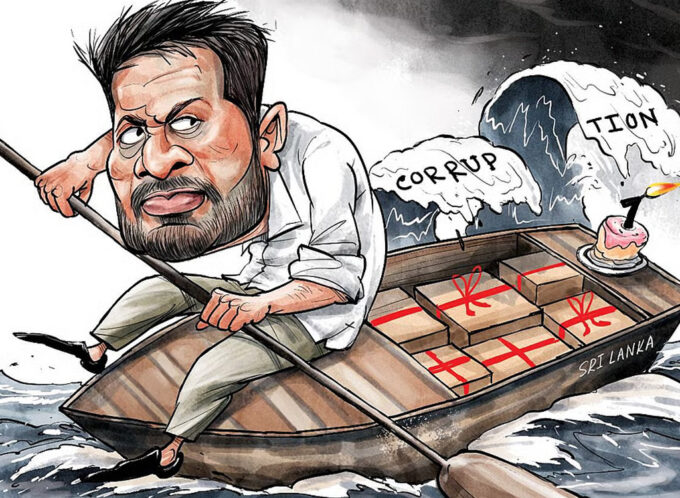
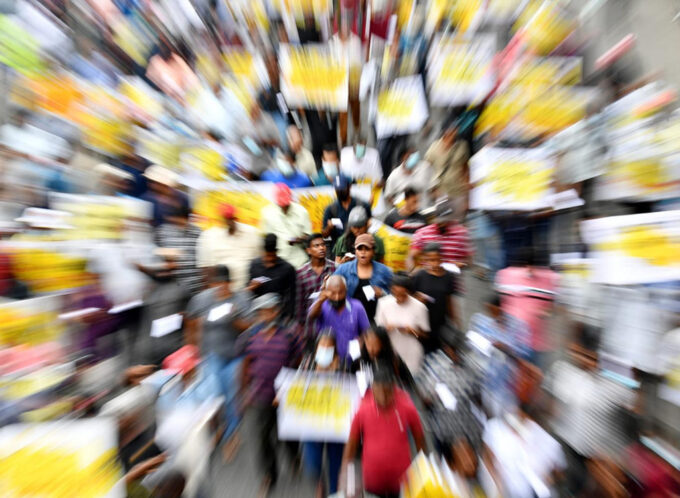




Leave a comment